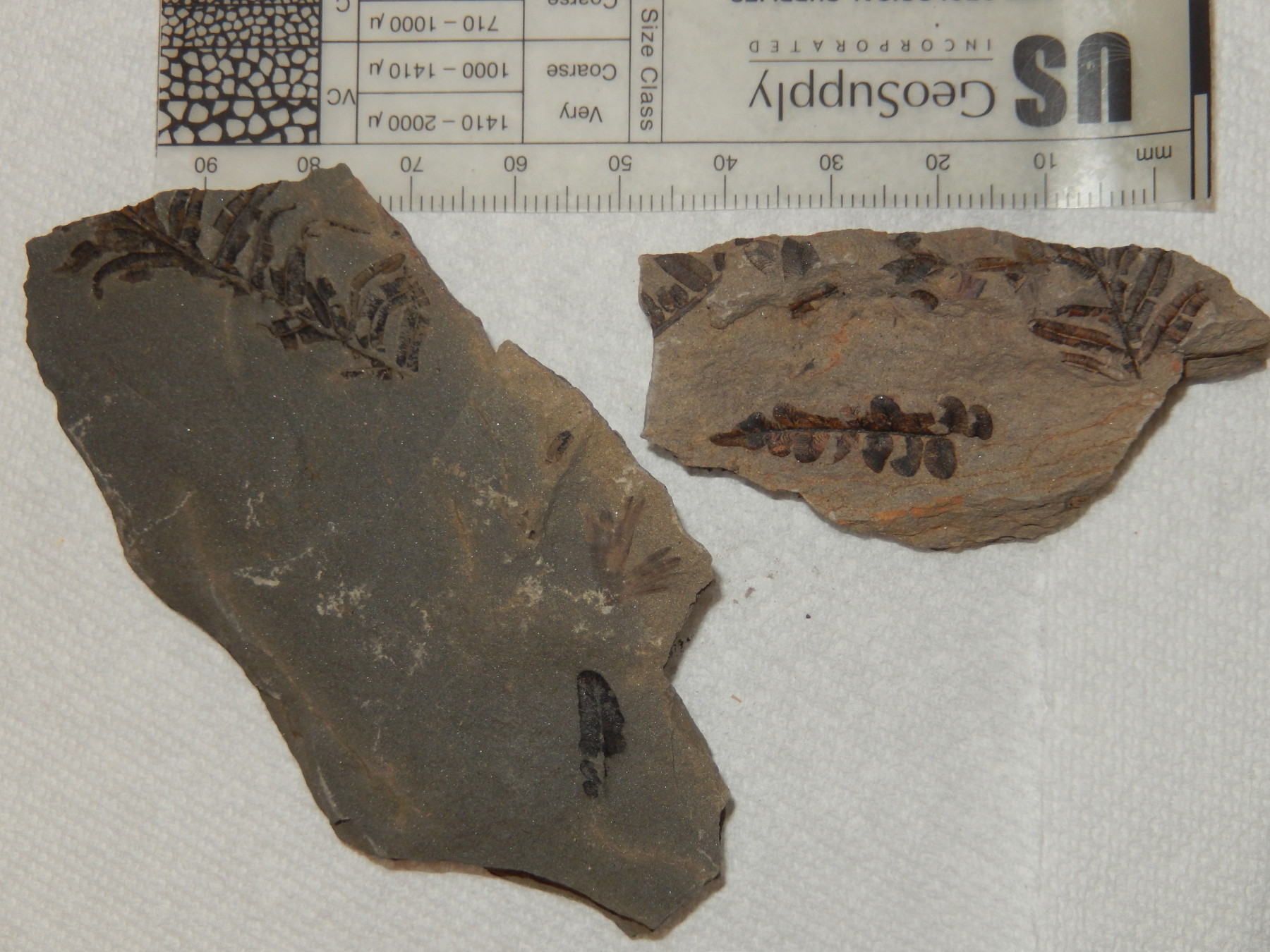Unearthing The Rich History Of Fossils In WV: A Journey Through Time
West Virginia, often celebrated for its breathtaking landscapes and rich cultural heritage, holds another treasure trove beneath its soil: fossils in WV. These ancient relics offer a fascinating glimpse into the state's prehistoric past, unlocking secrets of life that existed millions of years ago. From marine creatures to plant life, the fossils found in WV tell stories of an era long forgotten, captivating geologists, paleontologists, and enthusiasts alike. Exploring these fossils not only enriches our understanding of the Earth's history but also adds a unique dimension to West Virginia's natural wonders.
Delving into the world of fossils in WV reveals a vibrant tapestry of geological history. The state's diverse terrains, from the Appalachian Mountains to its river valleys, provide ample opportunities for fossil hunting. Each discovery adds a piece to the puzzle of Earth's evolutionary journey, making it an exciting field of study. For those intrigued by the mysteries of the past, West Virginia offers a wealth of knowledge waiting to be unearthed.
With increasing interest in paleontology, the significance of fossils in WV cannot be overstated. These ancient remains not only contribute to scientific research but also serve as educational tools, inspiring curiosity and fostering a deeper appreciation for the natural world. Whether you're a seasoned geologist or a curious amateur, the fossils in WV promise an enriching experience that bridges the gap between the past and the present.
Read also:Buju Banton Net Worth The Financial Journey Of A Reggae Icon
What Makes Fossils in WV Unique?
West Virginia's fossils stand out due to their diverse range and the unique geological conditions that preserved them. The state's position during the Paleozoic era placed it under a shallow sea, creating ideal conditions for marine life to flourish and subsequently fossilize. This has resulted in a rich collection of marine fossils, including brachiopods, trilobites, and crinoids. The uniqueness of fossils in WV lies in their ability to narrate the intricate details of ancient ecosystems, offering invaluable insights into Earth's history.
Where Can You Find Fossils in WV?
Exploring the best fossil hunting spots in West Virginia can be an exhilarating adventure. Popular locations include the New River Gorge, where layers of shale and sandstone reveal a bounty of marine fossils. The Redstone Coal Field is another prime site, known for its plant fossils that date back to the Carboniferous period. These locations, among others, provide ample opportunities for enthusiasts to uncover the state's prehistoric secrets. For those seeking fossils in WV, these spots are a must-visit.
How Do Fossils Form in WV?
The process of fossil formation in West Virginia is as fascinating as the fossils themselves. It begins with the death of an organism, followed by its burial under sediment. Over millions of years, the remains undergo mineralization, preserving the original structure. The unique geological conditions in WV, such as the presence of limestone and shale, play a crucial role in this process. Understanding how fossils form in WV enhances our appreciation of the natural world and the intricate processes that shape it.
Why Are Fossils in WV Important for Science?
Fossils in WV serve as vital records of Earth's history, providing scientists with critical data to study evolutionary patterns and environmental changes. They offer clues about ancient climates, ecosystems, and the biodiversity that once thrived in the region. By examining these fossils, researchers can reconstruct past environments, understand extinction events, and predict future ecological shifts. The importance of fossils in WV extends beyond scientific research, inspiring educational programs and public interest in paleontology.
Can You Collect Fossils in WV?
Yes, collecting fossils in WV is permissible under certain guidelines. The state allows fossil hunting on public lands, provided it is for personal and non-commercial purposes. However, it is essential to adhere to local regulations and obtain necessary permits. Responsible collecting ensures the preservation of these invaluable resources for future generations. Whether you're a seasoned collector or a beginner, understanding the rules and ethics of fossil collecting in WV is crucial for a rewarding experience.
What Tools Do You Need for Fossil Hunting in WV?
Successful fossil hunting in WV requires the right tools and equipment. A geologist's hammer, chisel, and brush are essential for extracting and cleaning fossils. Protective gear, such as gloves and safety glasses, ensures your safety during the process. Additionally, a field notebook and camera can help document your findings. For those venturing into the wilds of West Virginia, a sturdy backpack, water, and snacks are indispensable. Equipping yourself with the right tools enhances your fossil hunting experience and increases the chances of successful discoveries.
Read also:Hdhub4uinfo Your Ultimate Guide To Highquality Movies And Entertainment
What Are the Most Common Fossils Found in WV?
Among the most common fossils in WV are marine organisms that thrived during the Paleozoic era. Brachiopods, with their distinctive bivalve shells, are frequently found in the state's shale formations. Trilobites, ancient arthropods, also make appearances, providing insights into the early evolution of complex life forms. Plant fossils, such as ferns and tree trunks, are prevalent in coal-bearing strata, reflecting the lush vegetation that once covered the region. These fossils in WV paint a vivid picture of ancient life, captivating scientists and enthusiasts alike.
How Can Fossils in WV Benefit Education?
Fossils in WV serve as powerful educational tools, inspiring students and educators alike. They provide tangible evidence of evolutionary processes and geological history, making abstract concepts more accessible. Incorporating fossils into classroom activities fosters hands-on learning experiences, encouraging curiosity and critical thinking. Educational programs and museum exhibits featuring fossils in WV can ignite a passion for science and paleontology in young minds, nurturing future researchers and enthusiasts.
What Are the Challenges of Studying Fossils in WV?
While fossils in WV offer immense scientific value, studying them comes with challenges. The rugged terrain and remote locations of many fossil sites can make access difficult. Additionally, the delicate nature of some fossils requires careful handling and preservation techniques. Environmental factors, such as weathering and erosion, can also impact the quality and availability of fossils. Overcoming these challenges demands expertise, patience, and collaboration among researchers and enthusiasts dedicated to uncovering the state's prehistoric secrets.
Where Can You Learn More About Fossils in WV?
For those eager to deepen their knowledge of fossils in WV, numerous resources are available. Museums, such as the West Virginia Geological and Economic Survey, offer exhibits and educational programs focused on the state's geological history. Online platforms and publications provide access to research papers and articles written by experts in the field. Engaging with local paleontology clubs and attending fossil hunting events can also enhance your understanding and appreciation of these ancient treasures.
What Is the Future of Fossils in WV?
The future of fossils in WV looks promising, with ongoing research and discoveries continually expanding our knowledge. Advances in technology, such as 3D scanning and imaging, offer new ways to study and preserve fossils, ensuring their availability for future generations. Increased public interest and educational initiatives are fostering a new wave of paleontological enthusiasts. As we continue to explore the depths of West Virginia's geological past, the significance of fossils in WV will only grow, inspiring awe and curiosity for years to come.
What Tips Can Help You Identify Fossils in WV?
Identifying fossils in WV requires a keen eye and familiarity with the state's geological formations. Start by examining the texture and shape of the specimen, comparing it to known examples. Utilize field guides and online resources to aid in identification. Document your findings with photographs and notes, noting the location and geological context. Engaging with local experts and joining fossil hunting groups can provide valuable insights and improve your identification skills. With practice and patience, identifying fossils in WV becomes an enriching and rewarding experience.
Conclusion: Why Should You Explore Fossils in WV?
Exploring fossils in WV offers a journey through time, revealing the wonders of Earth's ancient history. From the thrill of discovery to the educational value they provide, fossils in WV captivate and inspire. Whether you're a seasoned paleontologist or a curious amateur, the state's rich fossil record promises an enriching experience. Embrace the adventure, and let the fossils in WV unlock the mysteries of the past, fostering a deeper connection with the natural world.
Table of Contents
- Unearthing the Rich History of Fossils in WV: A Journey Through Time
- What Makes Fossils in WV Unique?
- Where Can You Find Fossils in WV?
- How Do Fossils Form in WV?
- Why Are Fossils in WV Important for Science?
- Can You Collect Fossils in WV?
- What Tools Do You Need for Fossil Hunting in WV?
- What Are the Most Common Fossils Found in WV?
- How Can Fossils in WV Benefit Education?
- What Are the Challenges of Studying Fossils in WV?
- Where Can You Learn More About Fossils in WV?
- What Is the Future of Fossils in WV?
- What Tips Can Help You Identify Fossils in WV?
- Conclusion: Why Should You Explore Fossils in WV?


